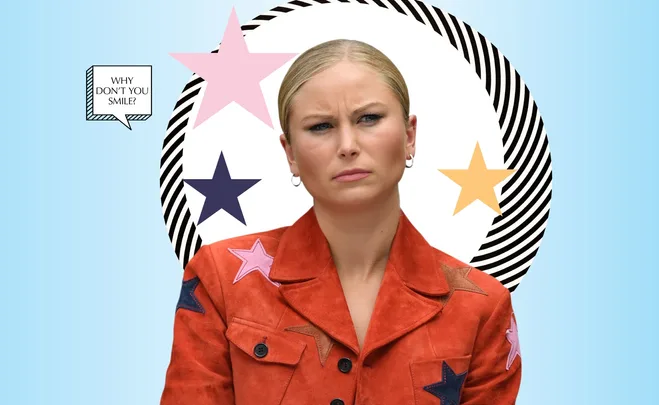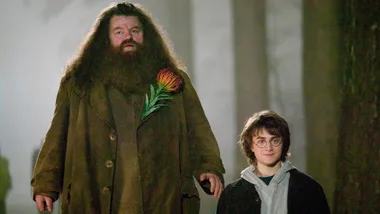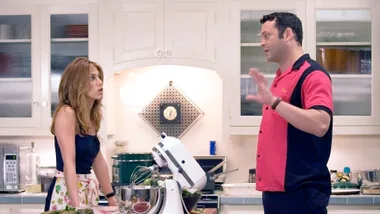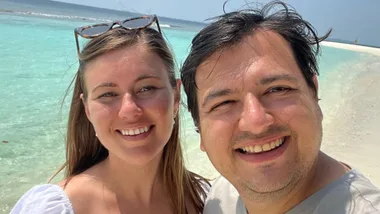When activist Grace Tame refused to simper and flash her pearly whites to Scott Morrison in January, Australia was divided. Some called her petulant, others called her powerful.
Three writers took inspiration from the 2021 Australian of the Year and try behaving how they actually feel, rather than playing nice to satisfy others. Here’s what happened.
The Challenge: How are you, really?
Alley Pascoe tells people the honest truth.
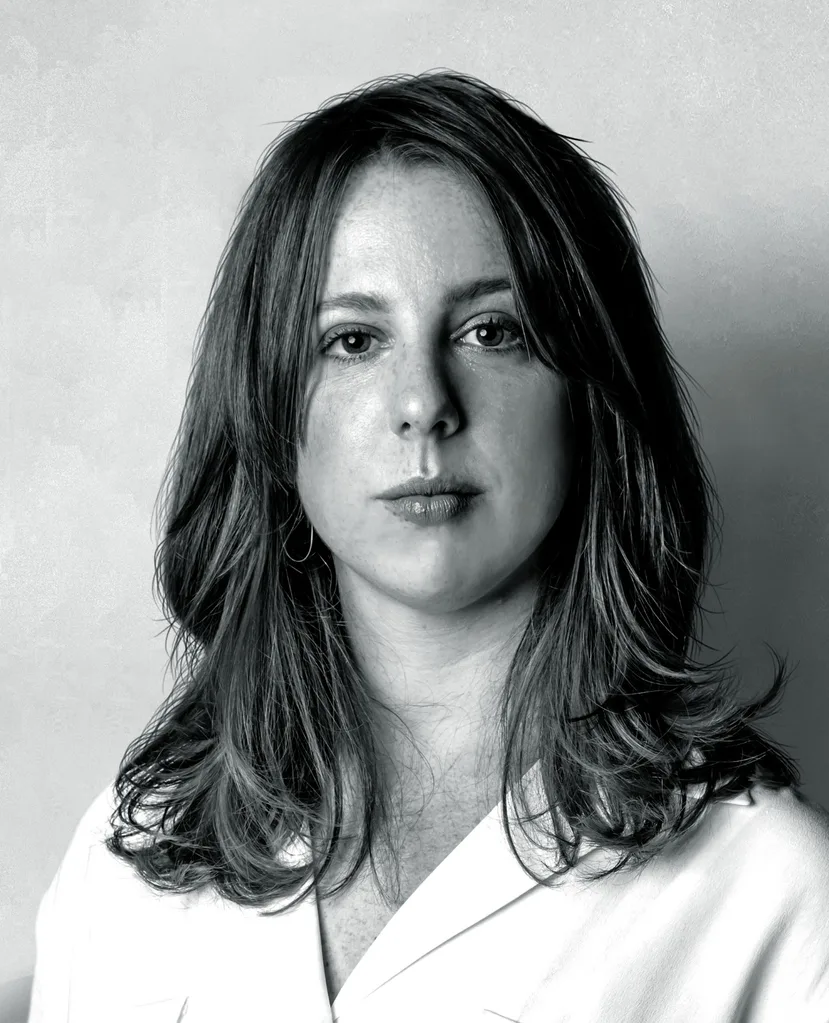
To tell you the truth, I’m bloody exhausted at the state of the world. And a bit scared. And a lot angry. Also, I miss my mum. Wbu?” I said to the 25-year-old tradie on Tinder who had innocently asked me how I was. He didn’t reply.
It might not have been the best idea for me to start honestly answering the question “how are you?” the same week a war kicked off in Ukraine, a flood devastated my home state of New South Wales, and a global pandemic continued to rage around the world. But here I am, standing in my local cafe, telling the waiter about my kinked neck.
I don’t think I’m the only person who flippantly says, “Good, thanks,” every time someone asks me how I am. I very rarely ponder the question seriously, and never voice the thoughts out loud when I do.
That’s the social norm – especially for women who are so often dismissed as hysterical at the slightest hint of emotion. When, in fact, we actually have a lot to be hysterical about.
The day before I started my brutal honesty challenge, I dropped my car off to get new brakes and asked my mechanic how he was. “Same shit, different day. Still breathing,” he said, somewhat morbidly.
“Well, it’s better than the alternative, I guess,” I replied, trying to lighten the mood. I don’t know why I feel the need to do that – to crack jokes, to always be positive, to try to make everyone happy all the time.
Actually, I do know why: the patriarchy. Women are conditioned to put politeness over honesty, to put other’s feelings before our own, to smooth things over so no-one feels uncomfortable or awkward or confronted. Well, no more! The next day when I picked my car up, I said good morning to my mechanic. “Is it?” he said.
“You’re right, it’s actually a pretty average morning,” I admitted as I paid him a week’s worth of wages for the repairs. Average might have been generous.
Making sincere small talk was one thing, but I knew my real test was going to be letting my loved ones see into my state of mind. When I caught up with a friend from interstate I hadn’t seen since before I split up with my boyfriend last year, it all came out.
“How are you going, really?” she said, gently touching my arm across the table. “It’s hard.” I bit my tongue to try to keep the tears at bay. “I’m so lonely.”
I don’t think I’d even realised that’s how I was feeling until I said it out loud. It’s been eight months since the breakup, and I’ve been putting on my best brave face, but underneath that mask I’m still sad. And underneath that sadness was shame that I wasn’t over it already. My friend reassured me that what I was feeling was totally normal and that I was allowed to feel my feelings. Who knew?
Later in the week, a dinner date asked me how my week was going, and I caught myself before I threw out my default, “Really great thanks, living the dream, better than ever.” Instead of trying to be happy-go-lucky when I wasn’t, I was honest. “I’m actually really stressed about work, I think I might have taken on more than I can handle and I’m knee deep in deadlines,” I said.
To my total surprise, the bloke didn’t get up and leave when I revealed I wasn’t a human ray of sunshine whose sole purpose was to light up his life.
The hardest part of the week for me was my professional interactions. I was afraid that if I showed any sign of “weakness” in a work setting, my editors would think I wasn’t up for the job. When my publisher called me to check about a particularly taxing and trauma-heavy project, I confessed that I was struggling.
“You are brilliant, I hope you know that,” said the publisher in a much-needed pep talk, before telling me to take a little break from the project and come back to it after some time out. In that moment, I felt like I exhaled for the first time all week. If I had given my publisher a generic answer and said all was well, I would’ve still been holding my breath. The week wasn’t all doom and gloom – I am, after all, privileged. When my yoga teacher asked me the three-word question, I told her I was really happy to be there and to have made time for her class. And I was.
Don’t be fooled by the simplicity of the question “How are you?” It’s actually quite profound when asked – and answered – sincerely. There’s power in telling the truth, but there’s also power in listening to it, really hearing it, and sharing the load.
After a week of telling it how it is, I still feel the weight of the world on my shoulders, but I’ve dropped the burden of having to fake niceties from underneath the crushing pressure.
How am I? As my mechanic would say, “I’m still breathing.” And as I would say, “But that’s better than the alternative.” How are you?
The challenge: Give us a smile!
Bek Day refuses to give a fake smile
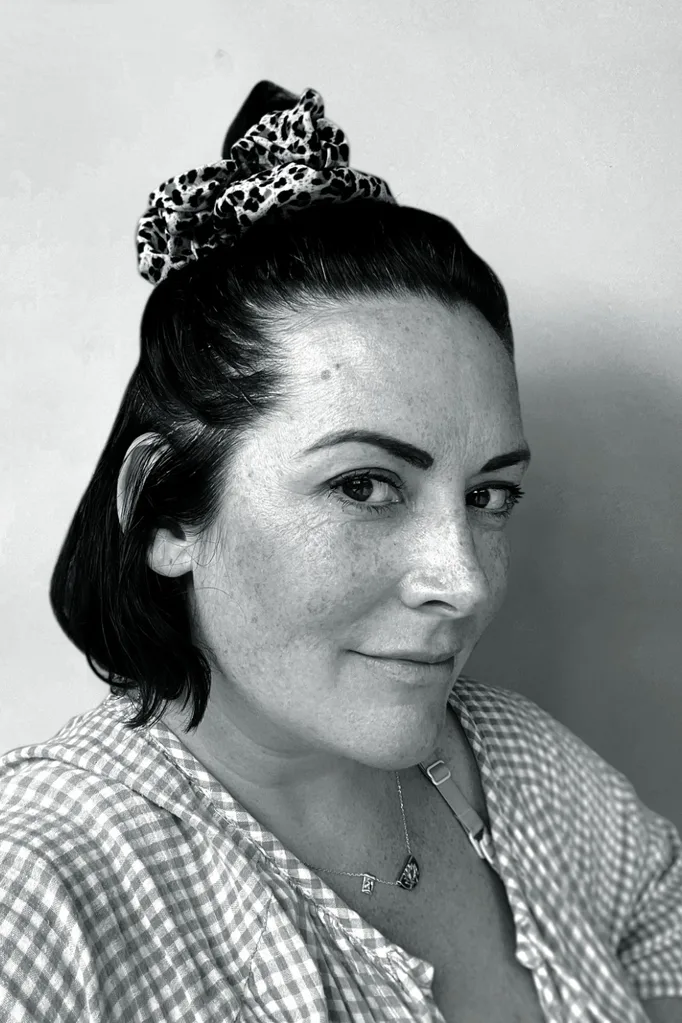
When Grace Tame created the photo-op worth a thousand words by refusing to smile as she grudgingly shook the hand of Prime Minister Scott Morrison, it was a battle-cry heard by women all over the world.
“The survival of abuse culture is dependent on submissive smiles and self-defeating surrenders,” the 27-year-old wrote on Twitter the following week.
“It is dependent on hypocrisy. My past is only relevant to the extent that I have seen — in fact I have worn — the consequences of civility for the sake of civility,” said last year’s Australian of the Year.
The truth in these words is a gut punch even as I repeat them here. I’ve been that submissive smiler, alone on a deserted street in a foreign city, intercepted on the two-block walk back to my hotel by a man who stood too close, asking directions designed for me to reveal how little I knew my surroundings. I smiled sweetly, swallowed the panicked bile and fumbled for “nice” as the only weapon I could grip. A passing group of partygoers saved me from discovering how ill-equipped I was.
In truth, I’ve smiled away almost every emotion there is. I’ve smiled away the sting of disappointment when a pay rise has been rejected, smiled while disapproving septuagenarians at the next table tut-tutted my five-year-old’s use of an iPad at dinner. I’ve smiled when I wanted to scream, smiled through heartbreak and smiled in apology to men who have bumped into me on the train. I smiled when a woman at Coles asked when my baby was due, even though the answer to that was, “Three months ago, he’s sleeping in the car with his father.”
With this challenge motivating me, I catch myself while at a mini-gymnastics class with my toddler. Even though I’ve filled out the forms and set up the $20-a-week direct debit for the privilege of watching my two-year-old daughter try to sprint out of the fire doors instead of climbing through the brightly coloured hula hoops laid out in the circuit, her name, for the third class in a row, still isn’t on the roll.
“You might have entered something incorrectly,” suggests her teacher sternly.
“You know you have to scroll down and select the right class.” “Yes,” I reply, squirming internally but holding a neutral face, “I did that.” “And you’re sure it’s this class she’s enrolled in?” I nod brusquely, “It’s where we’ve been coming for the past three weeks.” “Right.” He taps his pen on the clipboard. “Well, you might have to see the front desk ladies to sort it out.” “OK,” comes my even reply. “I’ll drop in after class.”
It’s a stalemate. Every cell in my body wants to acquiesce, to let this muscled, power-drunk 23-year old think he’s won, purely to absolve myself of the tension. It would be easy enough to bend – to have my kid miss the first 10 minutes of her class while I once again battle the impenetrable admin web that is our local community centre – but I do not. I will not. I know this glitch is not my fault. I wonder for a moment if he is going to refuse us entry, but after a long silence I see the almost imperceptible shrug of his shoulders as he decides I’m not worth it, and he simply nods and moves on.
It’s a small, depressingly banal victory, but it is mine. Women have been found across several studies to smile more frequently than men, particularly in socially tense situations. I believe this tendency is wrapped inextricably around the concept of “good womanhood”, limbo-dancing ourselves under the ever-lowering bar of social generosity to take on every ounce of discomfort as our own, so as to spare anyone else the burden.
But if Tame can withstand the pressure of the media pack, the Lodge and the most powerful man in the country in order to be authentic, then I can at least endeavour to do the same.
What remarkable achievements might we be capable of if the weight of absolving strangers of awkwardness was taken away? So I stood my ground with Captain Balance Beam at the community centre. My daughter got to experience every second of her 45-minute gymnastics class.
Again, she refused to jump through a single hoop. But this time, I didn’t mind one bit.
The challenge: Not sorry
Dilvin Yasa fights the urge to apologise.
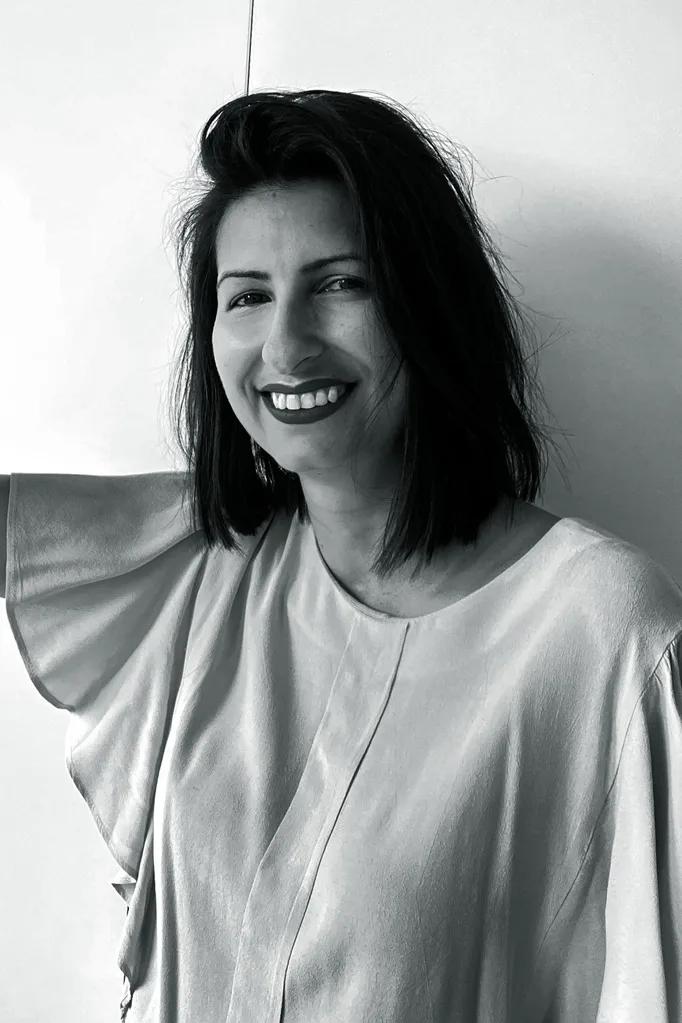
Of all the courses I had to take at the start of my media career more than 20 years ago, one was easily my favourite. It was a course where we were taught to never take ownership of another person’s feelings.
“I’m sorry you choose to feel that way,” I repeated after the teacher over and again. If someone chose to feel upset by something I’d said, written or done, well, it was on them. Between you and me, I learnt the spiel but as a committed empath and chronic apologiser I’ve simply never been able to utter it to anyone.
I realise there are a slew of studies that show that over-apologisers tend to have lower self-esteem and command less respect from others, but when I accepted this marie claire challenge and take the time to reflect on why I apologise for things like asking a sales assistant to check for more product out the back, it’s because I believe social niceties make the world a happier place. Apologising – even if you don’t mean it – is basically the social equivalent of speaking gently to a spooked horse.
Over the years, personal experience has taught me that people simply respond better to “please”, “thank you” and “much appreciated”, and provided you don’t think of it as a weakness, saying them costs nothing at all.
Still, a challenge is a challenge and I approach the task with trepidation. I am tested almost immediately when a friend shares some bad news during the school run and I go home only to realise I didn’t ask enough questions.
Right away, I phone her up and apologise for my carelessness, before realising that, less than an hour in, I’d failed. Did that scenario warrant an apology? Probably not, but had I not done it, that horrible sensation would have gnawed away at me.
To make up for falling off the wagon so soon, I bite my tongue when someone accidentally bumps into me at the supermarket, and when I tell my parents I can’t visit on the weekend, I offer not even a suggestion of an explanation or an apology. Small steps but it feels more than a little liberating.
The next day I’m tested at work when an editor asks me to commit to an impossible deadline. “Sorry,” I begin to type but then stop short, delete and write “I’m overcommitted at the moment so I’m unable to take this on. Thanks for thinking of me.” (Yes, I probably could have done without adding the second sentence but I’m not a complete asshole). It’s an exchange I have many times during the week, and I must admit that saying no without apologising gets easier with every email and phone call.
The biggest test comes on day five when my youngest daughter tests positive for Covid. My immediate reaction is to take the head-lice approach: call the parents of all the kids your child has been playing with and apologise profusely for the hell that is about to rain down on them.
But thinking of this challenge, I take a moment to consider the facts: I didn’t cause the pandemic; we took all the necessary precautions (my daughter is vaccinated and wears a mask in the classroom); I am not at fault. This, I realise, is the time that I really can bust out the “I’m sorry you choose to feel that way” line should things become ugly.
One by one I make the phone calls without uttering a single apology. When one of my daughter’s friends tests positive the following day, all I say is, “What a nightmare, huh?” I’m not comfortable with the no-nonsense approach I’m taking, but I do it just the same.
By the end of the challenge (and what feels like the longest week of my life), here’s what I know: people aren’t reacting negatively to this new, direct and unapologetic version of me, but I don’t like how it makes me feel.
Rather than bold and powerful, I feel like a horrible human and I look forward to going back to my usual method of communication, filled with questions, best wishes and good manners. Yes, I’m a chronic over-apologiser, but am I going to apologise for it? Not at all.
This article originally appeared in the May issue of marie claire Australia.
